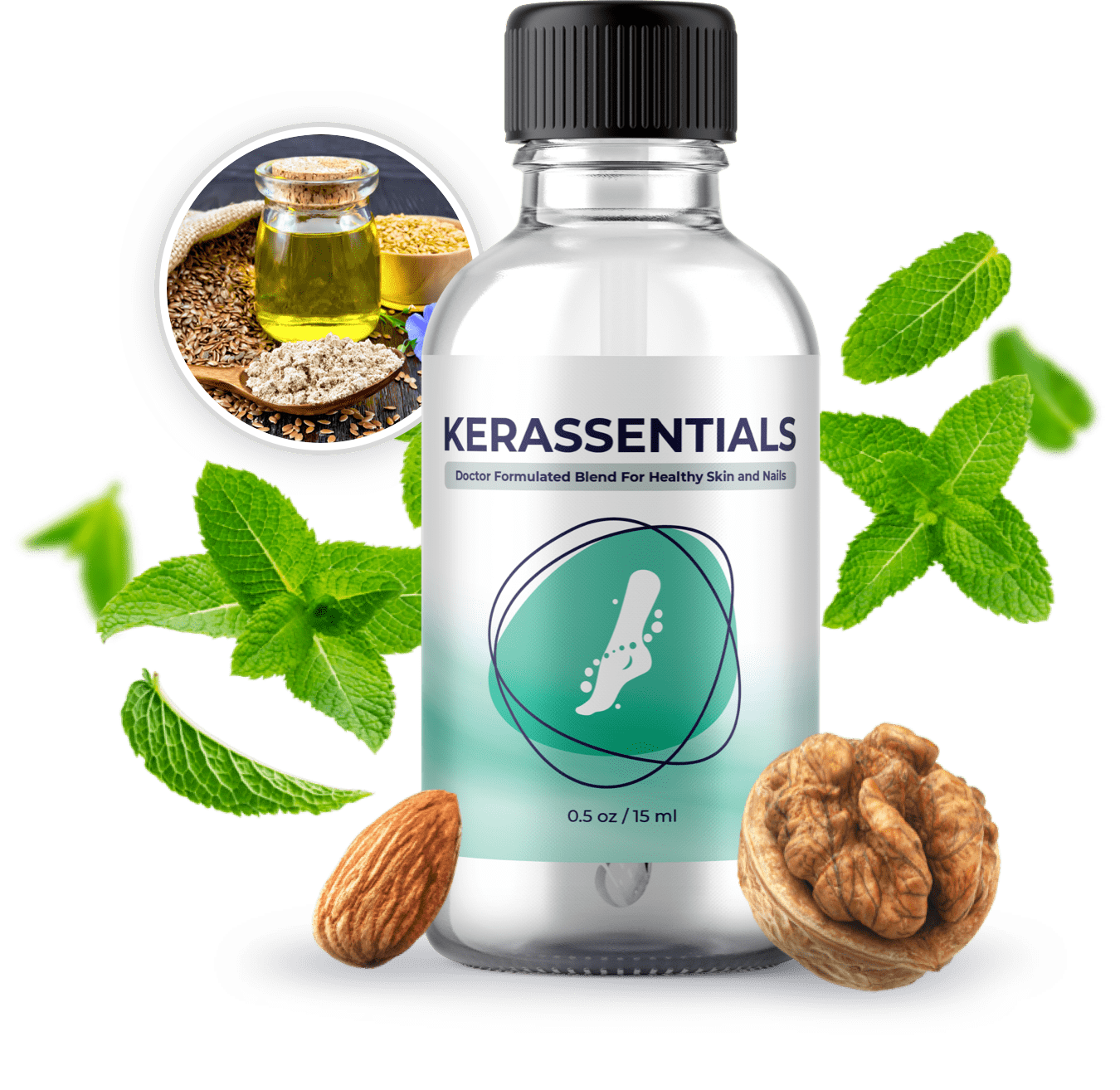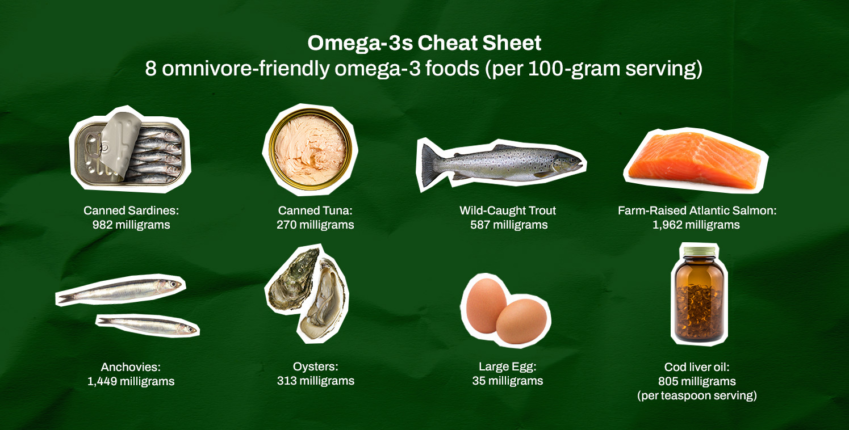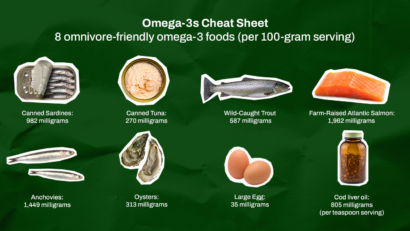Browse early discounts of up to 53 percent off on skin, hair, and makeup products.
Long before the hype was about buzzy supplements like sea moss gel and collagen powder, conversations in the wellness world typically revolved around better-known nutrients like omega-3 fatty acids.
Researchers have sung the praises of omega-3s for years, thanks to its “healthy fats” that support everything from heart to brain health. However, some folks still may not be getting enough of it regularly. To rehash the benefits of omega-3s, we caught up with Melanie Murphy Richter, RDN, a registered dietitian and neuronutritionist, who shared a quick and easy guide—a cheat sheet if you will—of the best sources of omega-3 fatty acids to keep bookmarked for reference.
The benefits of omega-3s
According to Richter, omega-3s are made up of eicosapentaenoic acid (EPA) and docosahexaenoic acid (DHA), two types of fatty acids associated with a myriad of health benefits. Here are five of the main health benefits of omega-3s:
1. It helps reduce inflammation
Richter says omega-3s can reduce oxidative stress that can lead to inflammation. “It helps lower systemic inflammation by improving cell signaling and reducing proinflammatory proteins, called cytokines,” Richter explains.
2. It supports heart health
Omega-3s are also often praised for their heart health benefits. “Omega-3s improve heart function by lowering blood pressure, reducing triglycerides, and mitigating the development of plaques in the arteries that can lead to stroke or heart attack,” Richter says. In fact, the American Heart Association (AHA) has recommended consuming omega-3s from sources, such as fish and fish oil, for over 20 years to help reduce cardiovascular events.
3. It can boost cognitive function
Richter points out that omega-3s can also help improve mental health and overall cognitive function. “It can help reduce the incidence of depression, anxiety, and the risk of developing cognitive health conditions like dementia and Alzheimer’s,” she says. A large research study from 2022 found that regular consumption of omega-3 improved learning, memory ability, cognitive well-being, and blood flow in the brain. On the other hand, a 2023 research study revealed that long-term users of omega-3 fatty acid supplements exhibited a 64 percent reduced risk of Alzheimer’s disease.
4. It may support skin health
According to Richter, omega-3s can potentially support skin health and hydration by managing oil production at a cellular level. Additionally, some research studies show that omega-3 supplementation may be particularly effective for helping treat inflammatory skin diseases through diet.
5. It may aid in fetal development
Richter says omega-3s may also help support the development of a fetus in utero, as well as improving cognitive development of the child. As a result, omega-3 requirements may increase during pregnancy to support fetal growth, particularly the brain and eyes.
16 best sources of omega-3
Although fish and other seafood are typically considered one of the best sources of omega-3 supplementation—due to their high concentrations of EPA and DHA—there are several vegan omega-3 sources as well. However, most plant-based versions contain another form of omega-3s called alpha-linolenic acid (ALA), which isn’t as bioavailable as EPA and DHA. Ahead, we’re sharing 16 foods high in omega-3s (half animal and half plant-based).
8 omnivore-friendly omega-3 foods
In milligrams of EPA and DHA combined per 100-gram serving.
- Sardines: 982 milligrams, canned Atlantic sardines
- Tuna: 270 milligrams, canned tuna
- Trout: 587 milligrams, raw, wild-caught rainbow trout
- Salmon:1,962 milligrams, raw, farm-raised Atlantic salmon
- Anchovies:1,449 milligrams, raw European anchovy
- Oysters: 313 milligrams, raw oysters
- Omega-3-enriched eggs: 35 milligrams (per large egg)
- Cod liver oil: 805 milligrams (per teaspoon)
8 plant-based-friendly omega-3 foods
In milligrams of EPA and DHA combined or ALA.
- Flaxseed oil: 7,260 milligrams(per tablespoon)
- Chia seeds: 5,050 milligrams (per ounce)
- Hemp seeds: 2,600 milligrams (per three tablespoons)
- Walnuts: 2,570 milligrams (per ounce)
- Pecans: 280 milligrams (per ounce)
- Edamame beans: 1,440 milligrams (per 100 grams)
- Algal oils: 715 milligrams (per 2 capsules, depending on the brand)
- Dried seaweed: 62 milligrams (per 15 grams or a cup)
FAQ
How much omega-3s should you aim to consume daily?
For overall well-being, Richter recommends that adults consume or supplement with 250 to 500 milligrams of omega-3s daily. On the other hand, she notes that folks with heart disease or elevated cardiac markers may wish to increase omega-3 intake to 1,000 to 2,000 milligrams per day. Meanwhile, a pregnant or lactating person should aim for roughly 500 milligrams of omega-3s daily. That said, it’s always best to consult your healthcare provider before making any dietary changes.
What are the symptoms of lack of omega-3?
Richter shares seven symptoms associated with omega-3 deficiencies.
- Vision issues: Omega-3s help maintain the moisture in our eyes. Experiencing dry eyes, or sudden changes in vision could be related to an omega-3 deficiency.
- Brittle hair or nails: Omega-3 can help to maintain the moisture of our skin and nails and can also reduce inflammation in these body parts, too. Deficiency can lead to brittle nails that crack easily, or dandruff in on the scalp.
- Heart issues: Omega-3s are notably the most impactful for heart health. A deficiency of this nutrient can lead to imbalanced cardiac markers, like elevated triglycerides or high blood pressure.
- Mood changes: Adequate omega-3 intake has been associated with a more balanced, calm mood as it helps with the regulation of certain neurotransmitters. Adequate intake can also improve certain cognitive issues like depression, anxiety, or poor memory as we age.
- Poor sleep: Omega-3s play an important role in regulating certain sleep-wake cycles and contribute to the production of melatonin. Low levels of omega-3 can lead to poor sleep quality, fatigue, or poor cognitive function.
- Weakened immune system: Omega-3s help regulate inflammatory properties in the body, and also support the strengthening and integrity of our mucosal layer, both of which are critical for an effective immune system. As a result, an omega-3 deficiency can lead to a weakened immune system.
- Joint pain: Since omega-3s play a big role in mitigating inflammation, deficiency in this nutrient can also lead to joint pain, especially for those with other underlying conditions like rheumatoid arthritis.
Omega-3 supplements vs. food sources of the nutrient
Although there are benefits to taking an omega-3 supplement—especially for folks who can’t reach the recommended intake with diet alone—it’s better to consume omega-3s in their whole food format whenever possible, Richter says.
“This is because of the synergistic benefits of nutrient combos. For instance, in the presence of other healthy fats, omega-3s can be absorbed better. The presence of other vitamins and minerals in certain foods like nuts and seeds, for instance, can also provide the coenzymes needed to digest certain nutrients more effectively,” Richter says.
However, keep in mind that Richter says supplementation always comes with an oxidation or rancidity risk that can impact their efficacy. “Sometimes omega-3 supplements can cause burping and indigestion that can be uncomfortable for many. Not to mention, they are often more expensive than buying a bag of hemp seeds or canned sardines,” she adds.
Recommended Story For You :
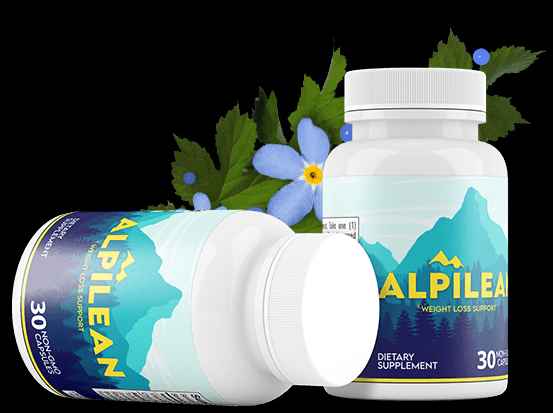
The alpine secret for healthy weight loss

The Most Potent Fast-Acting Formula For Incinerating Stubborn Fat

Real Cortexi Users Real Life‑Changing Results
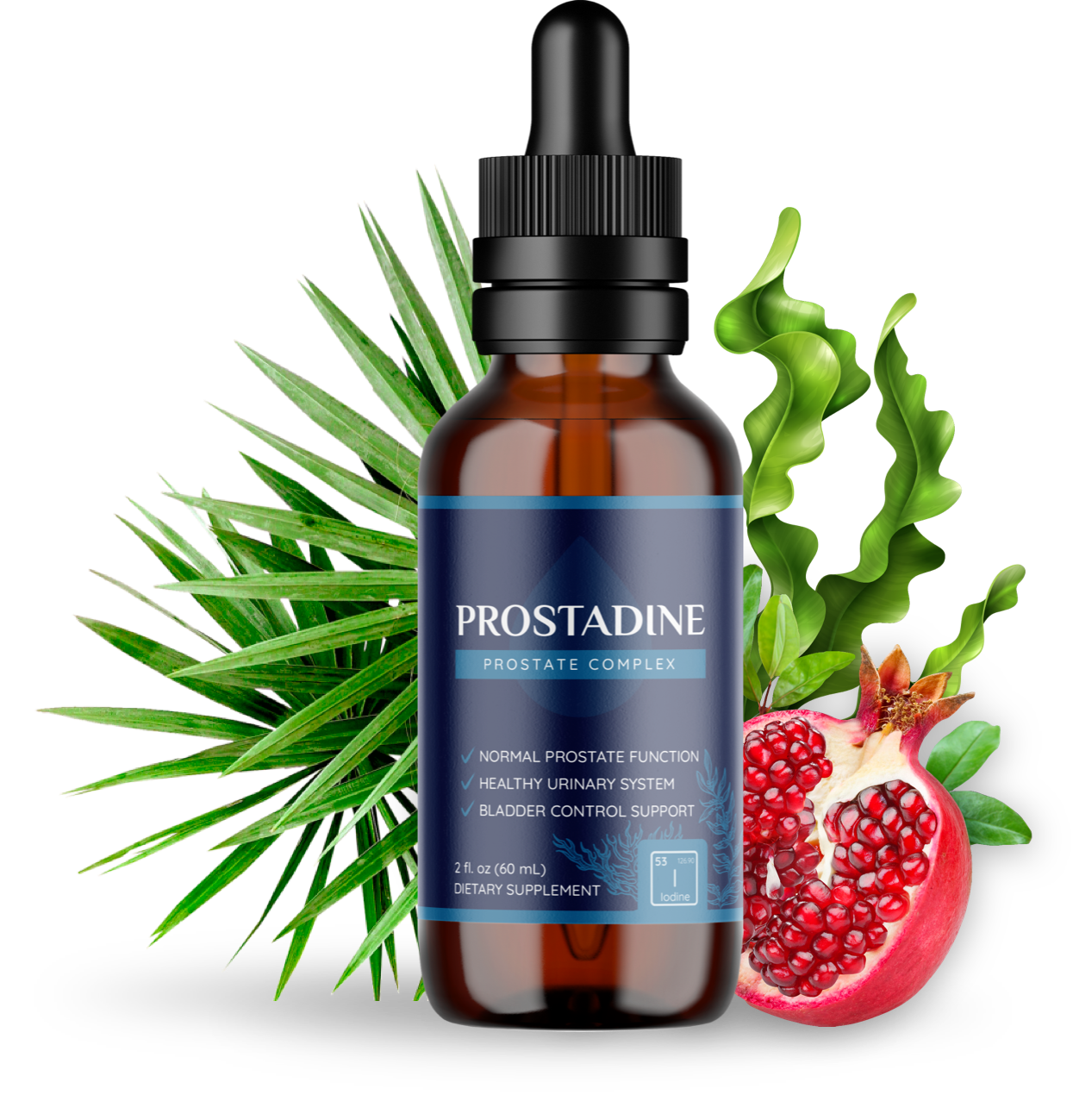
This Cold Drink Might Trigger Your Prostate
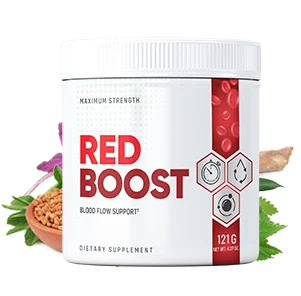
Red Boost is a powerful new formula for boosting male sexual health.
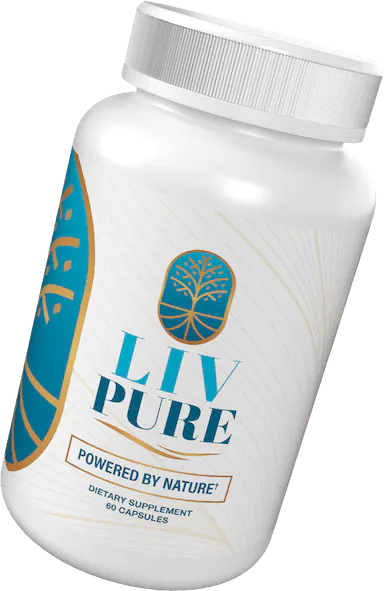
Everything you eat or drink eventually reaches your liver for processing.

Brand New Probiotics Specially Designed For The Health Of Your Teeth And Gums

Empowering You to Take Control of Your Blood Sugar Health!

Scientists Finally Discover the Root Cause of Belly Fat and Unexplained Weight Gain
